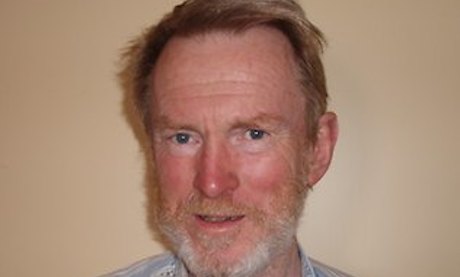When it was announced in 2001 that Melbourne Archbishop George Pell was to be made Archbishop of Sydney, the incumbent, Cardinal Edward Clancy, said Pell was ‘a controversial figure, and controversial figures generally create a few enemies as well as friends along the way’.
Pell’s latest promotion, to head an important new office in Rome with authority over all financial matters within the Vatican, is proof of the powerful friends he has made. Pell’s appointment as Cardinal Prefect of the Secretariat for the Economy was approved by Pope Francis — the third pontiff to have demonstrated extraordinary confidence in Pell’s abilities since he was made Auxiliary Bishop of Melbourne at the comparatively young age of 46 years in 1987.
As for enemies, it is not hard to compile a list of those who will be glad to see Pell go.
It would include most liberal Catholics, many priests who have served under him (one of whom once described him as ‘a memory of all those silly stereotypes of authority that used to haunt us as children’), and many of his fellow bishops, who saw him as too eager to please Rome and too prone to do his own thing without acting in concert with them. Continue reading.
Chris McGillion is a former religious affairs editor for the Sydney Morning Herald. He is a senior lecturer in journalism at Charles Sturt University and co-author of the forthcoming book Reckoning: The Catholic Church and Child Sexual Abuse.
Source: Eureka Street
Image: The Australian
